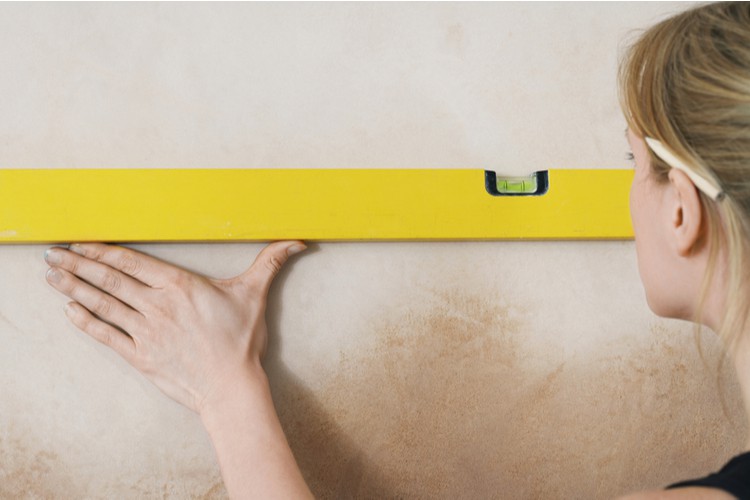At times we all feel stressed and anxious. Amid the current circumstances, you may feel more stressed than usual and not able to access your usual way of unwinding, whether it was hitting the gym or meeting up with friends. Mindfulness can help you feel calmer and better deal with the challenges of the day.
Mindfulness has become something of a buzzword recently and you’d no doubt heard of the term. But what does it actually mean? It’s a technique that focuses on being present in the moment without judging anything. It has links to Buddhism and meditation, but you don’t have to be spiritual to benefit from mindfulness.
Among the aims of mindfulness are helping you be more self-aware and feel calmer. With uncertainty over the pandemic, it’s not surprising that more people have concerns about their daily life. Making mindfulness part of your routine can help improve day-to-day wellbeing now and in the future.
How does mindfulness help ease stress?
When we’re stressed is often down to things that are outside of our control or concerns that haven’t yet materialised. Mindfulness is about focussing on the present and what you’re feeling now. Mindfulness can help you reduce stress by pulling our focus away from those areas that may be causing concern.
There are plenty of mindful activities to try too, so you’re able to find something that suits you. Meditation is one exercise that often springs to mind when thinking about mindfulness. But if you prefer to keep active, yoga may be better suited and those that enjoy getting creative can find colouring or other artistic projects just as relaxing.
5 tips for practising mindfulness
1. Switch off the electronics
Electronics provide numerous distractions. If you’re someone that is always looking at your phone or has music playing in the background, mindfulness exercises allow you to put down electronics for a short period. With the opportunity to connect with people at our fingertips, it’s not surprising that it can be difficult to focus on what’s happening now in your space only. Taking some time away from gadgets, even if it’s just five minutes, could be just what you need.
2. Start small when it comes to meditation
If you’re not used to it, you can get frustrated with mediation. Perhaps you’re annoyed at yourself because your thoughts keep drifting to worries or you can’t sit still. But it’s something that defeats the object of mindfulness! Start small when it comes to meditation, even just a few minutes clearing your mind can help you reset. Don’t worry if your thoughts drift either, it’s natural. Instead, acknowledge them, being mindful of why they’re coming to your attention, and try to let go.
3. Focus on what’s happening now
If you’re typically a multi-tasker, mindfulness can help slow you down in a good way. Even when we’re trying to focus on a project at hand, it’s easy to slip into thinking about past experiences and worrying about what the future will bring. Mindfulness aims to bring you back to the present and allow you to focus on what’s happening now. It’s a step that can help shut out concerns and worries that may not be useful when you look at the task objectively.
4. Focus on the positive and practice gratitude
Part of mindfulness is being grateful for what you already have. Amid hectic lifestyles, it can be easy to overlook the positive things that are already in your life, both big and small. Taking some time to think about them can deliver more confidence, improve your mood and allow you to focus on priorities. Some people prefer to write down what they’re grateful for, like a journal, but just pausing from time to time to appreciate the good things in life can be just as effective.
5. Enjoy just doing ‘nothing’
Finally, enjoy the time you set aside for being mindful. In our day-to-day lives, we’re often busy and focused on numerous things at once. Some people can feel guilty when they’re doing ‘nothing’, but sitting down and just being can be just as useful. Even if it’s just for a few minutes, it can provide you some time to focus on yourself and rest. Rather than seeing meditation or mindfulness activities as a waste of time, enjoy the feeling to get the most out of it.
read more










